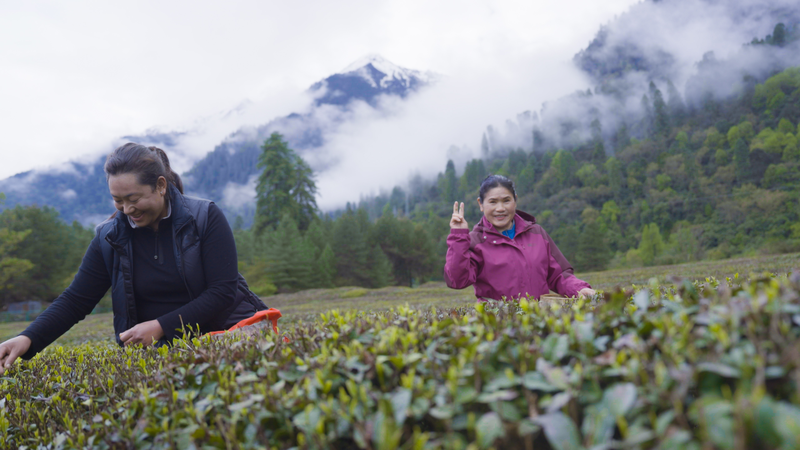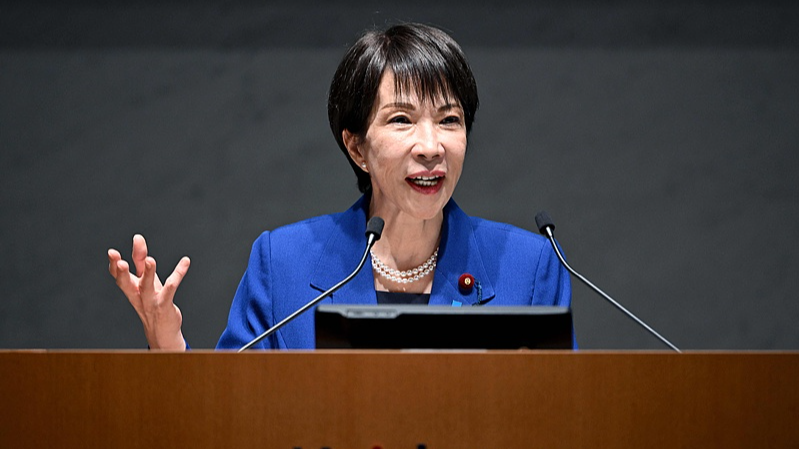High in the mist-wrapped folds of Nyingchi, at 2,200 meters above sea level, the Yigong Tea Plantation stands as one of the world’s highest organic tea gardens. Here, tea master Cao Aiping spends her days turning dew-kissed leaves into fragrant brews and rich butter tea.
For Cao, the magic happens before dawn. She hikes through frost-hued terraces, selecting leaves still glistening with fresh snowfall. These leaves, nurtured by thin air and mineral-rich soil, carry the essence of this remote corner of the Chinese mainland.
Back in her workshop, Cao skillfully withers, rolls, and oxidizes the leaves, coaxing out floral notes and earthy sweetness. But her journey doesn’t end there. Drawing on centuries-old Tibetan traditions, she cools the dried leaves before brewing them into a velvety base, then whips in yak butter and a pinch of salt, yielding the signature butter tea.
Beyond taste, Cao’s craft embodies sustainable high-altitude farming. By championing organic methods and preserving local biodiversity, she’s helping to protect fragile mountain ecosystems. Her story resonates with young global citizens curious about food origins and eco-friendly practices.
As winter snow gives way to spring mists, visitors and digital nomads increasingly trek to Yigong for hands-on tea workshops, where they learn how altitude and climate shape flavor profiles. The experience blends culture, adventure, and a dash of science—perfect for travelers seeking deeper connections.
From the first leaf plucked to the final sip of golden butter tea, Cao Aiping’s work is a testament to heritage meeting innovation. For entrepreneurs, foodies, and changemakers alike, her story is a reminder that even the simplest ingredients can inspire global dialogue.
Reference(s):
cgtn.com


